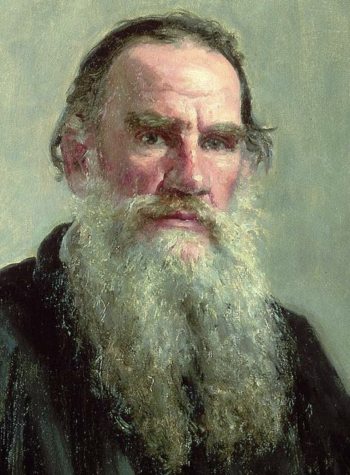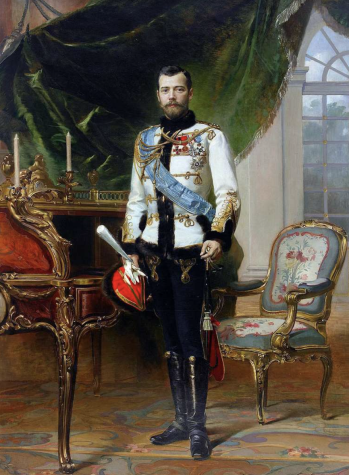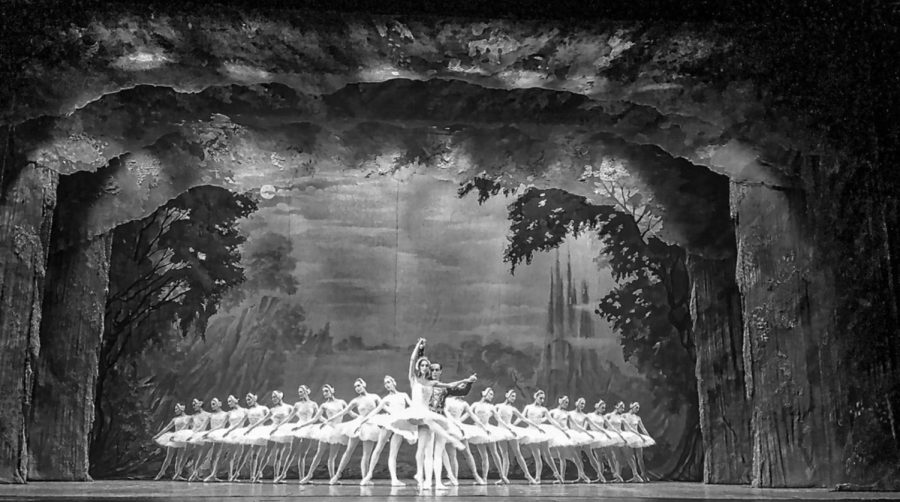Don’t turn your back on classic Russian culture, despite Ukraine war
A production of Thcaikovsky’s ballet, Swan Lake, just one of many gifts Russians have bestowed on the world of art and beauty
February 23, 2023
Since the outbreak of the Russia-Ukraine War just about a year ago, there seems to be a growing fervor against Russian culture. A nation’s entire history and culture should not be maligned simply because of the actions of their current government. This would tantamount to boycotting German culture because a former German leader, namely Adolf Hitler, committed unimaginable atrocities. The concertos of Bach and the writings of Goethe or the Brothers Grimm are certainly not connected to Nazism in any way, other than its place of origin. The citizens of the United States and the world must look at Russia in the same fashion and admire Russian culture for its richness and beauty.
Russian literature is rife with great lessons and many interesting characters who can teach us about human nature. One of the early Russian authors, Ivan Turgenev, was the first person to coin the term nihilism, a derivation of the latin nihil or nothing. In his book Fathers and Sons (1862), Turgenev explains this philosophy of believing in nothing through the character of Bazarov. Bazarov shows the flaws of a person who trusts nothing and disregards all institutions and societal connections, such as family and friendship. The pride and arrogance of Bazarov and his subsequent fallout with his friend Arkady teach us about the importance of the virtue of humility and the value of true friendship.
Fyodor Dostoevsky, hailed as one of the greatest novelists ever, also holds lessons for the modern world. Take, for instance, the character of Alyosha in The Brothers Karamazov (1880). Alyosha’s devotion to living the Christian virtues and his mercy on those who are troubled, such as Fyodor, his father and his brother Ivan show the quality of mercy, which each of us should try to cultivate in ourselves.
Russian writers also stressed the importance of patriotism, most clearly expounded in Leo Tolstoy’s famous novel War and Peace (1869). In War and Peace, Tolstoy shows how the strength and thew of the Russians, both soldier and citizen, worked to defeat the Napleonic forces as they invaded Russia. This example of patriotism and unity should serve as a paradigm for us today, where we live divided and bitter with our fellow citizens.
This is only a brief survey of Russian literature, which does not even begin to skim the top. The canon of Russian literature holds a wealth of wisdom which could teach us how to pursue virtue and forsake vice.
Some great musical compositions have also come out of Russia. Pyotr Illyich Tchaikovsky composed the beloved Nutcracker Suite, which generations of people have treasured, especially during the Christmas season. Tchaikovsky also brought us the ballet classic Swan Lake, which has become a staple of classical music and dance. Other works, such as the 1812 Overture were also the work of Tchaikovsky and his brilliant musical mind.
Russia also boasts other composers, such as Modest Mussorgsky, referred to as one of the “Russian Five,” a group of Russian composers in the latter part of the 19th century. Mussorgsky wrote the score for the famous Night on Bald Mountain, used prominently in Disney’s 1940 film Fantasia, where the demon Chernabog gathers the souls of the dead for a party on Bald Mountain. I would be remiss if I did not also mention Mussorgsky’s Pictures at an Exhibition, a clear example of a composition which beautifully combines both major and minor sections. The beauty of Russian classical music should not be eschewed because of political squabbles with Russia’s current leadership. It is important for the arts to be above that of the political fray and remain prominent whether in peace or war.
Russian history is also worth studying. The vision of Peter the Great and the Christ-like death of Nicholas II are inspiring for any generation and ethnicity. The tsars were not evil and oppressive monsters, as some would claim, but bold and daring leaders, who led Russia into the future and showed an example to the world. While the Russians seem to be distant from the west, they actually hold a common ancestor in Yaroslav the Wise. Yaroslav’s daughter Anne of Kiev married Henry I of France, from whom almost all subsequent European monarchs would descend from. In the historical and monarchical tradition, the east and the west had an ancient tie.
Russian culture is full of beauty and charm, which is not always apparent. The dark and esoteric nature of Russian literature, composition, and history may not appear to be attractive at first glance, but it is full of wisdom, allure, and truth, which are desperately needed in our modern world. It is time we stop shunning Russian culture and start appreciating it for the values and lessons it holds.


Leo Tolstoy (left) and Tsar Nicholas II (right) have deeply impacted global culture.



